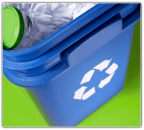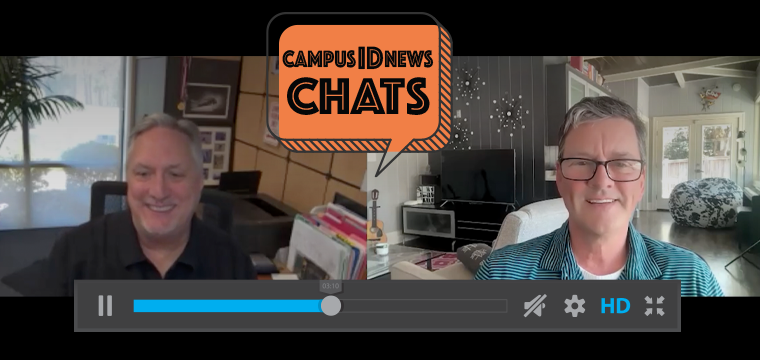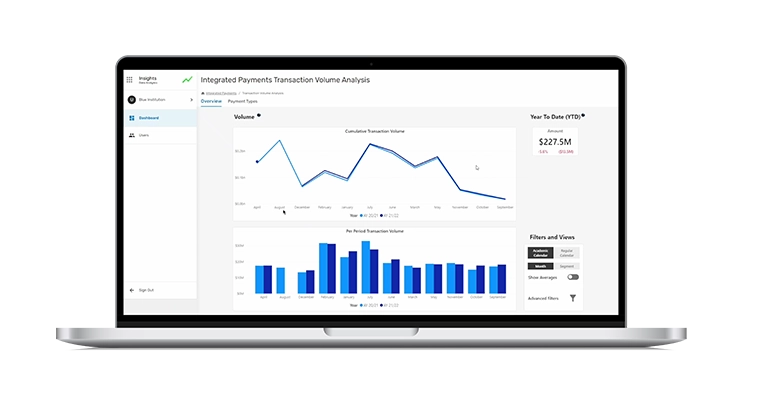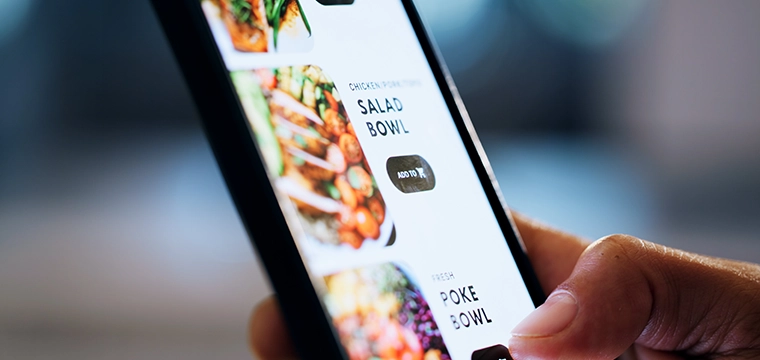
 Worms are those slippery, slimy organisms one places on the end of a hook for fishing. Typically they also may be the first thing someone dissects in high school biology class. They typically aren’t what one would donate to a university.
Worms are those slippery, slimy organisms one places on the end of a hook for fishing. Typically they also may be the first thing someone dissects in high school biology class. They typically aren’t what one would donate to a university.
But U.S. Bank will be doing just that as it helps the University of Wisconsin-Stevens Point. It’s all part of a new Sustainability Fair scheduled for the University of Wisconsin-Stevens Point. The fair is designed to encourage the 8,700 students to become more environmentally conscious, even if it does involve things that crawl.
Jerry Lineberger, associate director of university centers for the school, says the new worm program is part of the university’s recycling program. The school uses a compost heap to handle some garbage, such as left over vegetables and cabbage from foodservice, paper goods, leaves and lawn clippings. “They’re all put in a 50-gallon container and once a week our recycling crew picks up that stuff to put on the compost pile,” he says.
But the protein-types of food, such as meat and cheese, can’t be composted? To handle that waste, the university is building an indoor worm farm, more like “a big sandbox,” says Lineberger. Obviously, the farm has to be inside because it gets a little cold in Wisconsin.
The campus ground crews are working with the school’s foodservice department to feed this leftover food to the worms, he says. Theoretically every five pounds of food fed to the worms will produce five pounds of waste. “The waste products will be put back into the plants, flowers and trees on campus.”
But, as Lineberger points out: “worms aren’t free. They have to be bought somewhere.”
That’s where U.S. Bank comes in. The bank, which has a branch on UWSP’s campus, will donate funding for five pounds of worms for every 10 students who sign up for the bank’s “green options” during the Sustainability Fair. These options include online banking, such as receiving bank statements by email rather than by mail thereby eliminating printed statements, or direct deposit, enabling students to have their financial aid refunds or other income deposited electronically into their U.S. Bank accounts, bypassing paper checks.
Other options include online bill paying and using a check card in lieu of paper. As an extra incentive, each student or staff member will also receive a free flash drive for electronic information transportation, says Whitney Bright, vice president campus banking for U.S. Bank.
During the fair, the bank will set up a table with an Internet-connected laptop to walk students through the process of establishing their online accounts, says Bright.
This is the first year for the fair, known as “Purple, Gold and Green,” after the school’s two colors, and is being put together by one of the students.
“She’s working with a lot of different areas on campus and when she talked to the folks at U.S. Bank, they were really receptive to this,” says Lineberger. “Reduce, reuse and recycle. We’re trying to get people more energized about it,” he adds.
With the “green grades” issued recently by the National Wildlife Federation (http://www.nwf.org/campusEcology/campusreportcard.cfm), sustainability “will become a more important topic for university administrators,” says Bright. “Students are also becoming more conscious of environmental issues.”
U.S. Bank is looking at other ways it can be more environmentally conscious. “One of things we’re also talking about is doing a pilot with ATMs to default to not issuing a receipt so less paper is used,” she says. Students and staff can track their ATM transactions online.
Beyond all this, Bright points out that even campus cards themselves “are inherently green, because they create a cashless and paperless economy around campus. Schools are cutting back on paper checks by using their bank partners to electronically distribute financial aid refunds and payroll directly onto the card.”
Paper checks have always been “an inefficient way for our clients to distribute financial aid refunds, and an unnecessary waste of resources,” says Dean Hatton, president and CEO of Higher One, a financial services provider focused on higher education. Since 2002, Higher One has issued more than 2.56 million refunds electronically, reducing the amount of paper consumed.
He says that just two-tenths of one percent of its current OneAccount holders receives paper statements. “Most students do not need or want a paper statement mailed to them when they have the ability to go online and view their account information,” adds Hatton. “We also send all OneAccount holders an email once a month to remind them to check their OneAccount statement online.” Higher One also gives students the ability to check balances via test messaging.
Wells Fargo offers similar services, says Julia Tunis Bernard, assistant vice president of corporate communications at the bank. “Wells Fargo College Checking promotes online statements and offers free bill pay to reduce mail waste,” she says.
“Helping students move their banking online does help conserve our natural resources,” adds Fred Solomon, vice president, corporate communications for the PNC Financial Services Group, Pittsburgh.
PNC also has made an effort to make its buildings green. PNC has more than 40 certified green branch locations “with many more on the way.” In addition, the newer interiors of PNC campus service centers use the same technologies as our environmentally friendly stand-alone Green Branch locations. “These include wheat-board cabinets instead of wood, recycled fiber carpets that capture dirt and wall coverings to improve indoor air quality,” says Solomon.




